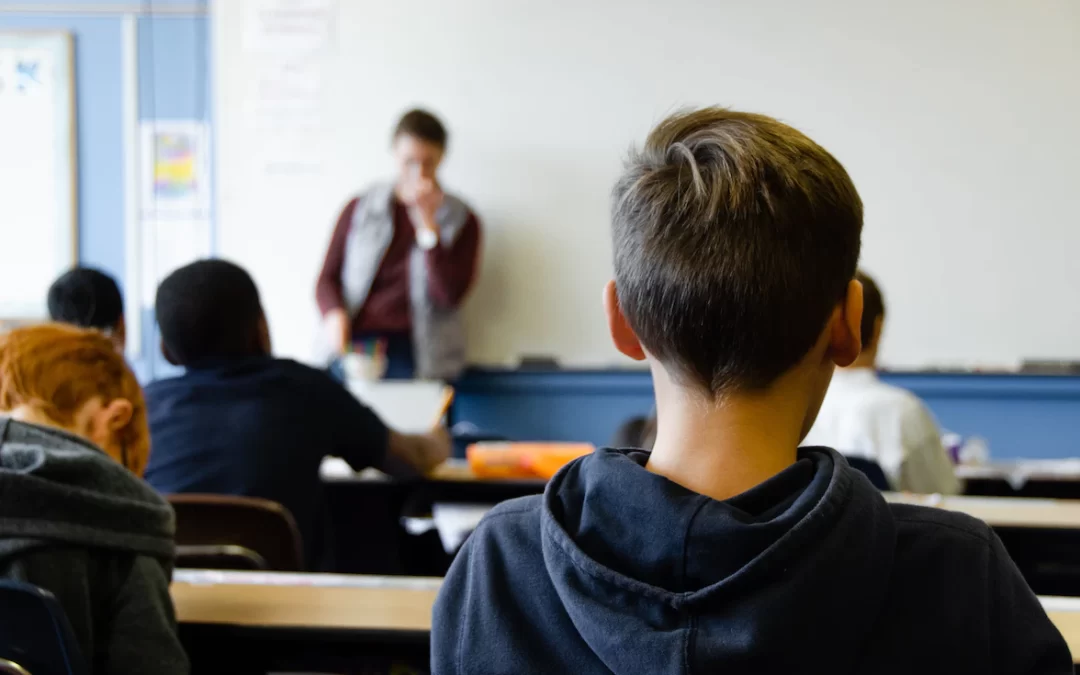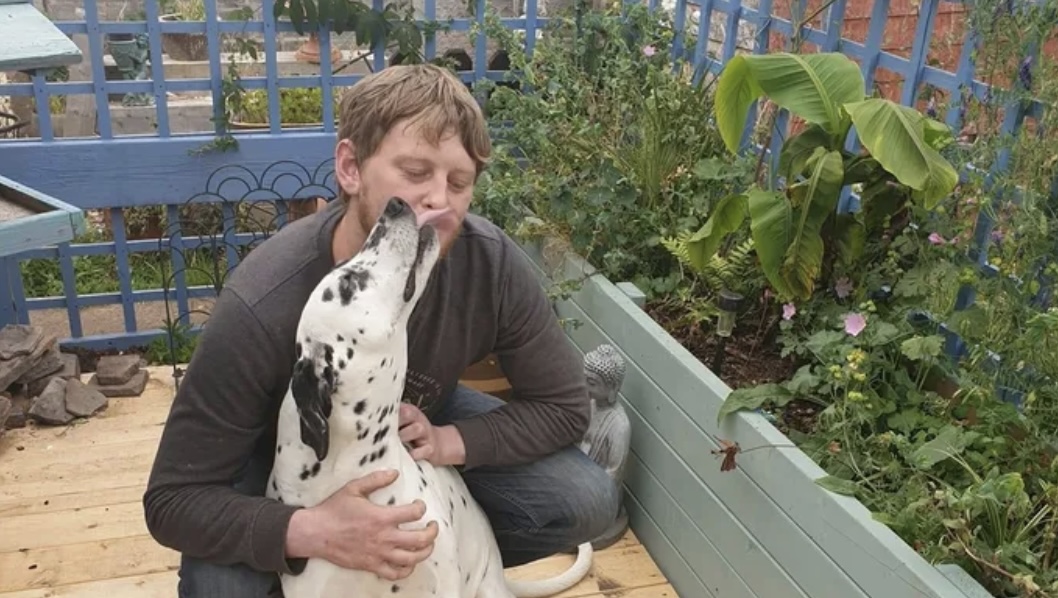A Herefordshire school has been told it ‘requires improvement’ by Ofsted, but it isn’t all bad news, with the school told it is doing well with a number of things, including the behaviour of pupils.
Ofsted inspectors visited Ewyas Harold Primary School on 17th and 18th October 2023.
The report said:
“Children get off to a strong start when they join the school. They settle in quickly because of the care and support they receive. Children quickly learn the classroom routines and the importance of sharing and taking turns.
“Pupils are respectful and behave well. They know and follow the school’s behaviour policy. Carefully chosen routines and high expectations are established right from the early years.
“Pupils settle to work quickly and concentrate well in lessons. Learning is not disrupted by inappropriate behaviour.
“Pupils are happy and engaged at school.
“They enjoy learning and they like their teachers. Pupils know they can talk to an adult in school if they are worried about anything and that they will be listened to.
“The school has thought carefully about how to ensure that all pupils achieve well and are successful.
“Pupils are now taught in single year group classes in the early years and key stage 1. As a result, class sizes are small. Pupils benefit from the increased staff support that they receive. This ensures that they secure the early knowledge and skills they need. This model is also applied to teaching mathematics in key stage 2. Consequently, pupils attain well across the school.
“The school is committed to providing a high standard of education. Recent changes have been made to improve the coherence and structure of the curriculum.
“English and mathematics are well designed so pupils build their knowledge and skills gradually. However, other subjects are at an earlier stage of development and have not been fully implemented.
“Teachers check pupils’ learning regularly in lessons. They ask questions and provide swift feedback. There are systems in place to assess pupils’ attainment in English and mathematics. However, the school has yet to establish an approach to checking how well pupils are achieving in other subjects.
“This means that teachers do not know where gaps in pupils’ knowledge exist, or where further support is needed.
“Staff are enthusiastic and have embraced the changes made to the curriculum. Many have taken on subject leadership responsibilities. However, they have had little training and limited time to check and appraise their subject areas. It is therefore too early to evaluate how well changes to the curriculum are being implemented and its impact on pupils’ learning.
“A high priority is given to pupils’ learning to read well. Staff ensure that every child in Reception class successfully learns their initial letters and sounds. Immediate support is provided the minute staff notice that a child has not grasped the phonics content taught. This endorses the school’s mantra of ‘keep up not catch up’.
“The school is relentless in ensuring that all pupils read regularly in school and at home.
Volunteers and parents support this process well. Books are closely matched to pupils’ abilities. The wide range of books available in school help promote a love of reading.
“Systems are in place to identify pupils with special educational needs and/or disabilities (SEND). However, sometimes these systems are implemented too slowly. Pupils’ individual needs are not recognised early enough. This delays them receiving the tailored support they need. The school commissions external support to oversee provision for pupils with SEND. However, this is limited.
“Specialist support is accessed for those with complex needs and appropriate referrals made where needed.
“Pupils benefit from the resources provided by the school and the additional adult help they receive.
“The early years curriculum is ambitious and provides a strong foundation for future learning. The learning environment is calm and purposeful. Staff have high expectations for how children behave and the effort they make. Children develop independence because adults know when to guide them and when to let them have a go for themselves.
“Pupils are respectful. They have a good understanding about the importance of treating everyone equally. However, their knowledge and understanding of different faiths and other cultures are less well developed. The school offers some enrichment activities, but these are variable.
“Last year, early years children had many extended learning opportunities, but older pupils had much fewer. The number of pupils attending school clubs has reduced this year as parents now have to pay for these.
“Those responsible for governance have not held the school to account robustly enough.
“This allowed some areas of the school’s arrangements to go unchecked. With the support of the local authority, they have accessed external support to help the school improve.
“Staff say the school is considerate of their workload and supportive of their well-being.”
You can read the full report by visiting – https://files.ofsted.gov.uk/v1/file/50233000




